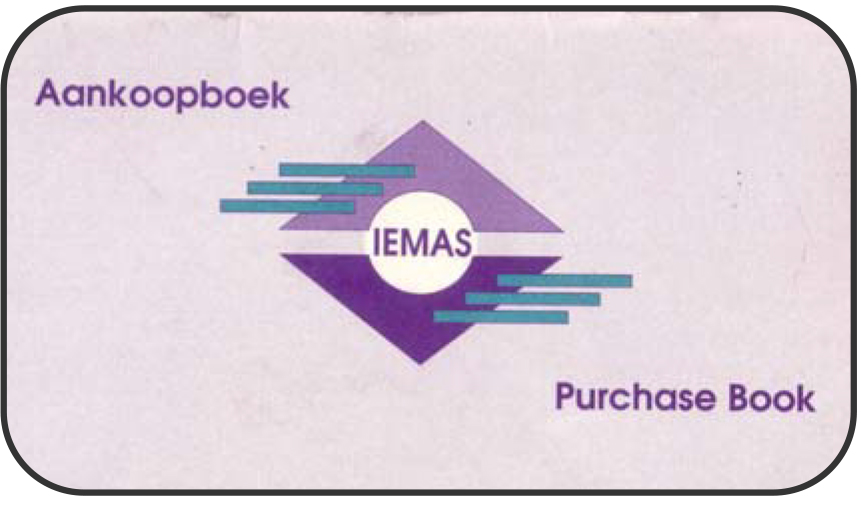When people are in need, they usually stand together and sometimes form a group to look after their mutual interests? Such a period in history started at the beginning of the Industrial Revolution in England when the production of machines in factories put thousands of the craftspeople out of business.
In 1844 in the town of Rochdale, England, 28 factory workers decided to start their own shop on the premises so that the workers could obtain necessities. They founded the world’s first co-operative shop where the profits, which they made, would eventually be equally distributed among the members as a percentage of what they have spent. This spread to Germany where farmers founded their own credit banks.
In South Africa, the co-operative movement started in all earnest after the end of the Anglo-Boer War in 1902. Agriculture co-operatives were formed to assist with the economic reconstruction after the war. It was slow in the first decade, now co-operatives play a key role in the success of the South African farmer community.
- What is a co-operative (in layman’s terms)?
A co-operative is a business where a group of people get together voluntary to address their common needs. Based on these needs, relevant services and/or products are then provided by the organisation to all the members in the group. Profits are shared among members based on the business that each member concluded with the co-operative during a specific time. For example: over the last 10 years Iemas allocated over R1 billion to its members in the form of rebates on interest and premiums and allocations to their individual member funds. In 2017, the member benefit allocation was R109 million. Iemas purchase card members received 3% back on their purchases for the 2017 financial year. E.g. if your purchases amounted to R48, 000 (R4, 000 per month), your benefit payment could have amounted to R1, 440 paid into your card just before Christmas!
- How did Iemas come about adopting a co-operative business model?
It all started in 1937 when the Iscor Employees Mutual Aid Society (I.E.M.A.S.) was established within Iscor to assist employees in getting discount on purchases of general goods. The business went from strength to strength; additional finance products were added to the product portfolio and Iemas officially registered as a trade co-operative on 1 March 1996.
The purchase card started in 1937 as an Iemas Purchase Coupon when the Iscor Employees Mutual Aid Society was established. Members would purchase coupons, which entitled them to receive a discount at selected stores. These discounts would be used to pay annual bonuses to the members, usually at the end of the year – making it a combination of a reward and stokvel. This is how the buy-aid society of the Iemas Purchase Card originated.
- Is a co-operative business model only applicable to the financial services industry or are there other industries that have also adopted this model?
The world’s top 300 co-operatives operate in different sectors:
- insurance (41%)
- agriculture (30%)
- wholesale and retail trade (19%)
- banking and financial services (6%)
- industry and utilities (1%), health
- education and social care (1%) and
- other services (1%).
- What are the benefits of this business model for Iemas’ members?
In addition to our annual member benefit payment, which is based on the products our members used throughout the year, we offer a wide range of competitive financial products and services to our members. We also protect our members through responsible credit screening processes and make sure that they comply with minimum net salary requirements. Purchase card holders benefit from very low monthly card fees, no transaction fees, double rewards when you pay with your Iemas card and also swipe your Clicks/ Dis-Chem/ Edgars rewards cards, no fees for additional cards, and also very low-interest rates if you apply for a budget facility on your card.
- What does the future hold for Iemas and other co-operatives in the current economic climate?
During SONA (State of the Nation Address) 2018, President Cyril Ramaphosa eluded to the important role that co-operatives play in the sustainable development of communities and said that “Government will honour its undertaking to set aside at least 30 percent of public procurement to SMMEs, co-operatives and township and rural enterprises”. We celebrated our 80th anniversary in 2017, and thus remain sustainable – even in the current challenging and uncertain economic times. Our future is looking bright with more than 10,000 retailers (including Woolworths, Clicks, Dis-Chem, Pick n Pay, Shoprite/Checkers), a staff complement of almost 600 and a large base of loyal members.
Find other related blog articles below:



